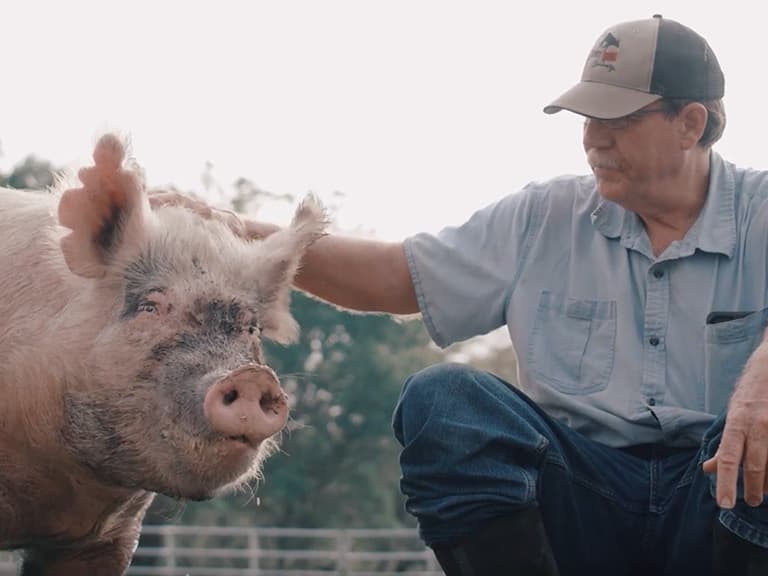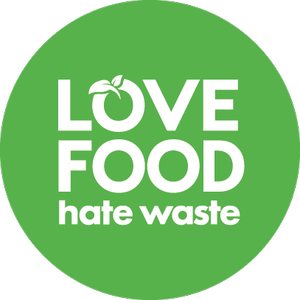
Sustainability

We can’t go on eating the way we are – the world just won’t survive. But by switching to a more sustainable protein with Quorn®, you CAN help the planet one bite at a time.
Sure, our products are great for you and the planet, but behind the scenes, we’re also working to minimize our environmental impact by making our operations as efficient as possible. We’ve already reduced the carbon footprint of our factories and our water usage per tonne as a business – you can find more about this Explore our sustainability initiatives.
Things we're proud of
Here are just a few of the things that we’ve achieved since 2012. We’re working to do even more and have set ourselves some big targets.
87%
We’ve reduced the emissions per tonne of production by 87% compared to 2012 base year.[1]
44 tonnes
We’ve removed 44 tonnes of plastic through packaging innovation[2]
19%
We’ve reduced our water usage per tonne by 19%[1]
Data source: 1. Quorn Foods Sustainability Measures Report 2023 2. Quorn Net Positive Report (2024)

Love food, hate waste
Waste not, want not, Mum always used to say. So, we're making it an essential mission to do our bit for tackling food waste too:
We've joined WRAP's Courtauld 2025 initiative to reduce waste and emissions by one-fifth
We're working closely with WRAP to cut waste throughout our supply chain and in the home
We’ve achieved a 32% reduction in food waste 2023 vs 2019[1]
Data source: 1. Quorn Foods Sustainability Measures Report 2023

Net positive report
Our latest Net Positive Report is now out. Take a look at all the exciting developments and innovations helping to make Quorn even more sustainable. View reportDid you know?
90%
Quorn Spaghetti Bolognese has 90% less saturated fat than a beef version†[1]
3 years
You save GHG emissions equivalent to charging your phone for over 3 years by swapping beef mince for Quorn Mince in just one meal†[2][3]
10x lower
The water footprint of Quorn Mince is 12x lower than that of beef Mince†[2]
Data sources: † Global average, 1. McCance and Widdowson (2019), 2. Quorn Footprint Comparison Report (the Carbon Trust, 2023), 3. Forbes (2013)



